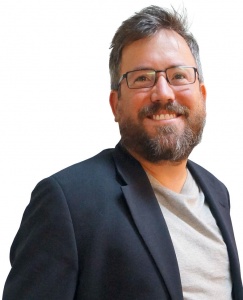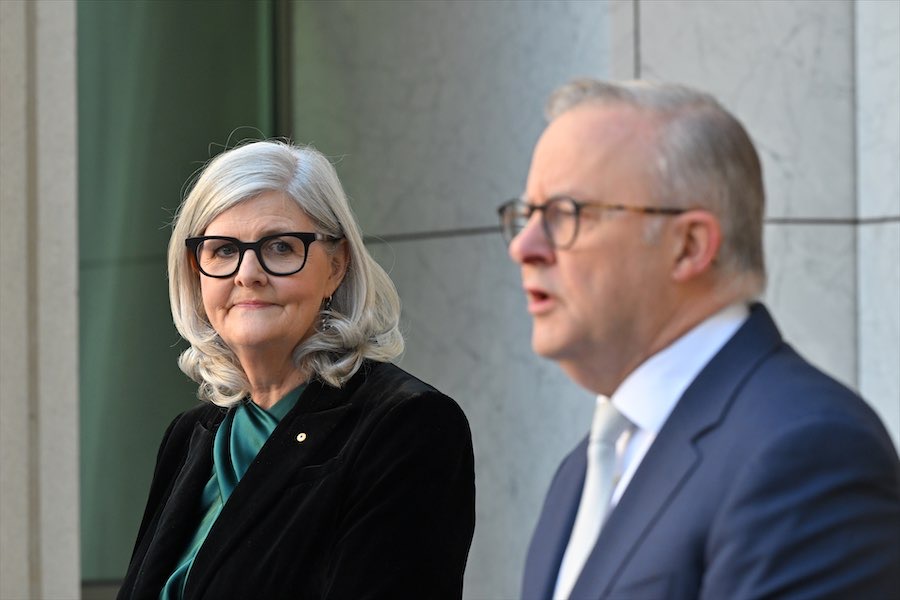LAST week was a bumper one for mistakes made with little thought coming back to bite their perpetrators.

Ms Ford took the opportunity to point this out to his employers, who decided his services were no longer needed.
This then prompted a tidal wave of violently sexually abusive language from Ms Ford’s critics.
Whatever reservations one might have about involving a person’s private conversations in their employment go by the wayside when confronted by such a stream of verbal sewage.
Being a wily fighter, Ms Ford has duly recorded all of the abuse on her own website where one imagines it will limit the careers and love lives of the perpetrators for a great many years to come.
This is, of course, merely the latest spectacular example of the modern age of communication tightening the loop between action and consequence.
It’s possible to feel some slight sympathy for the entertainers of the ‘70s now forming a sad procession to prison for sex crimes they viewed at the time as part of their business. A slight sympathy that disappears if you think for a moment about their victims.
The internet is not, of course, an unmitigated force for good. The Reclaim Australia gatherings of howling racists would probably not have occurred in this country if the participants were limited in their communications to people they actually knew in real life.
In all sorts of areas we see people heading out and executing bad ideas because there’s much less up-front cost.
For example, when politicians had to hire a photographer for a printed newsletter they entered a decision loop capable of letting wiser heads intervene.
But things seem to be getting terrifyingly real with the regulation of CRISPR techniques to modify genes being hotly debated at the moment.
There is huge potential for curing genetic diseases in the technology.
From Wikipedia: “The technology has been used to functionally inactivate genes in human cell lines and cells, to study Candida albicans, to modify yeasts used to make biofuels and to genetically modify crop strains.”
It’s also going to let people do some spectacularly stupid things to their own DNA and to other creatures.
We might look back fondly to piercings and tattoos, and the Olympic records appear to be set for some serious rewriting.
This was all neatly tied together in the nightmarish documentaries of Adam Curtis “All Watched Over by Machines of Loving Grace”.
The series, which first aired in 2011, but is available on SBS’s On Demand service right now, featured a lot of historical interview footage that makes a pretty grim commentary on the human propensity to rush enthusiastically into things without caring too much for the consequences beyond asking “are we going to make loads of money?”
The interviews with the goblin-like Ayn Rand gibbering her gimlet-eyed madness to the darkness, intercut with the captains of global finance saluting her vision, are worth the time to view alone.
Worse still was the look at the work of George Price who, having made pioneering links between the maths of biology and computer science, took his own life, it is thought to try to prove that the conclusions of his work were wrong.
The fate of the world may be beyond us each individually, but all of the above does raise the value of letting people know when you think they’re about to make a mistake. Be it a face tattoo, an abusive Facebook comment, a new business model or re-engineering the very nature of life.
Sure, it might slow things down a little, but things changing too slowly isn’t really the biggest problem we’re faced with right now.
Who can be trusted?
In a world of spin and confusion, there’s never been a more important time to support independent journalism in Canberra.
If you trust our work online and want to enforce the power of independent voices, I invite you to make a small contribution.
Every dollar of support is invested back into our journalism to help keep citynews.com.au strong and free.
Thank you,
Ian Meikle, editor




Leave a Reply